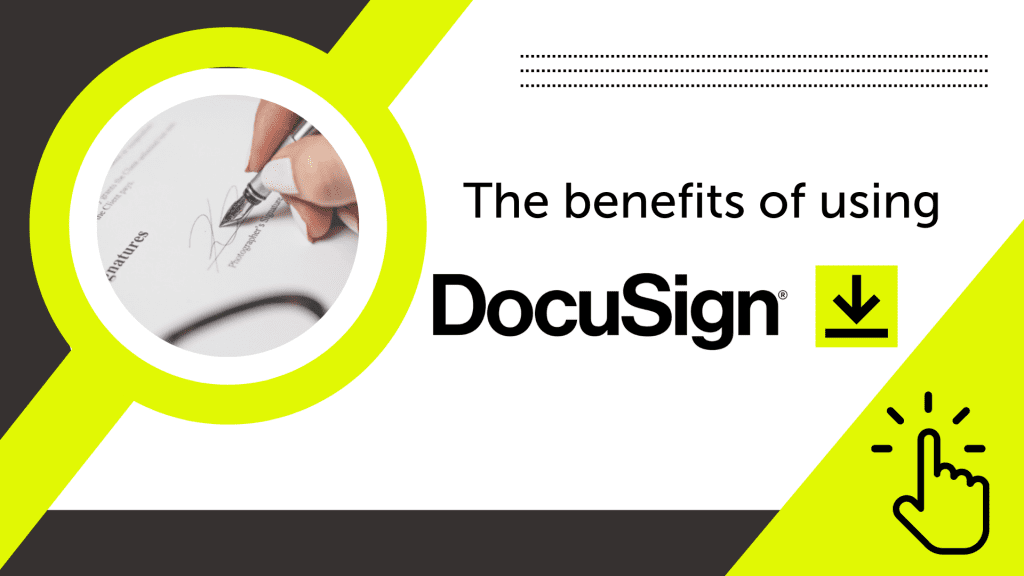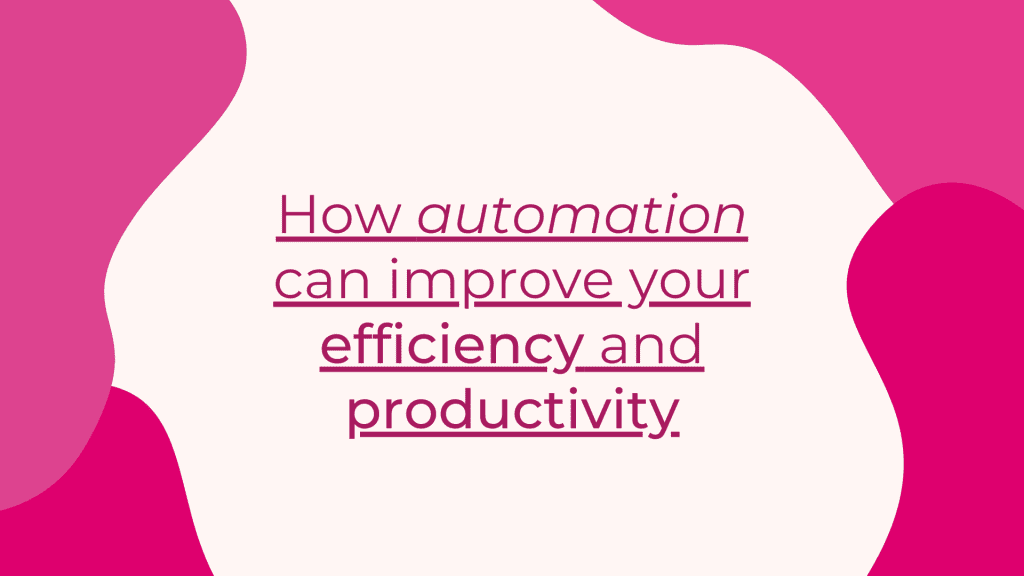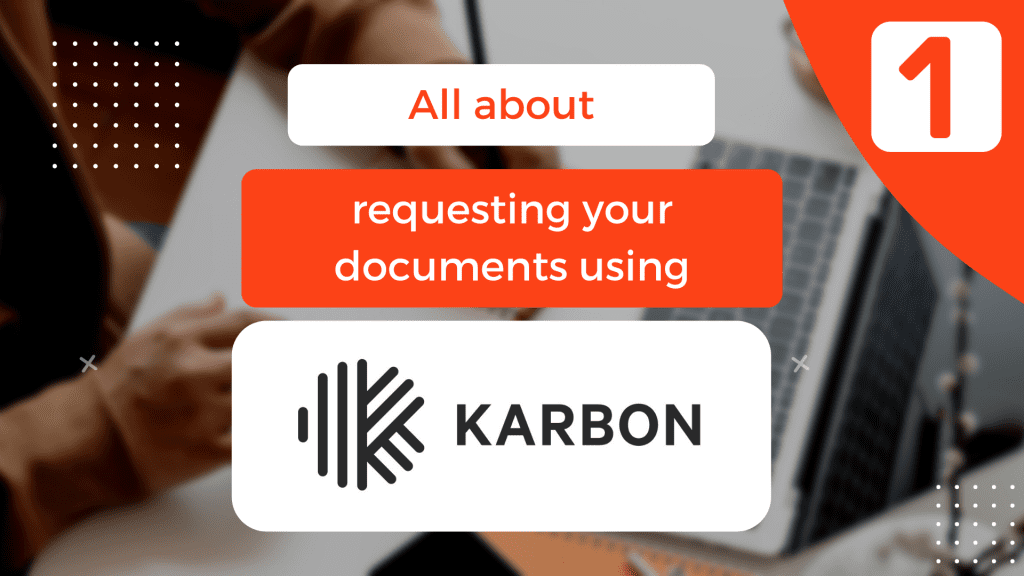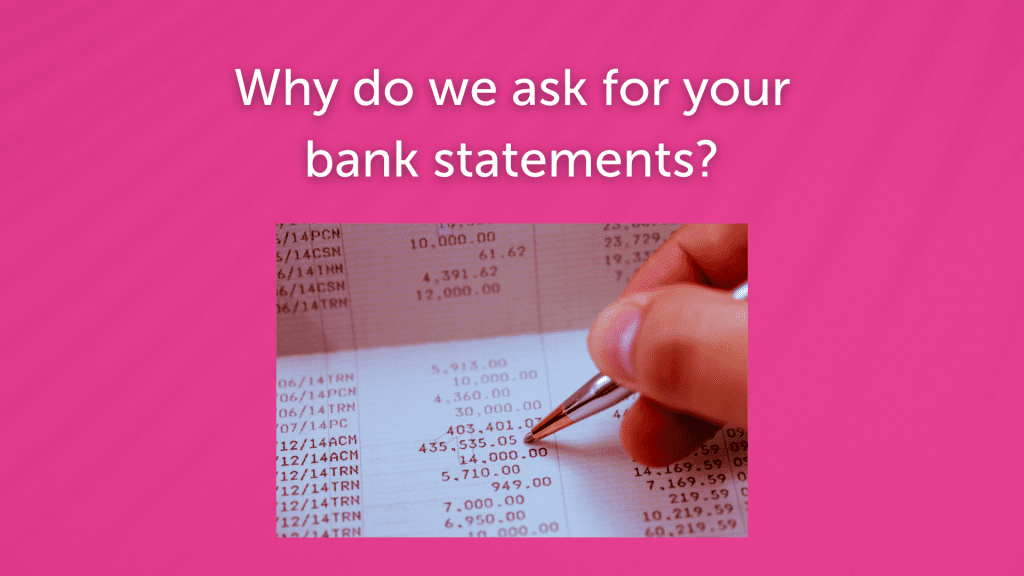
Every Sunday, Paul reads The Sunday Times to keep up to date with current affairs and to read the great…

Every Sunday, Paul reads The Sunday Times to keep up to date with current affairs and to read the great…

Self-care is arguably more important now than ever before, with the pandemic & cost of living crisis causing stress levels…

One of the things we pride ourselves at 1 Accounts is our ability to be cloud-based and as paperless as…

Have you been thinking about switching to a limited company because of the upcoming changes due to Making Tax Digital?…

Automation was already on the rise pre-pandemic, but now it has become a business priority. The positive benefits of automation…

As a cloud-based accountancy practice, we very rarely ask you to bring in physical copies of your documents to our…

Depending on which service you are on, you will find that you receive requests from members of our team asking…

When you as a business owner think of an accountant, you think of taxes, financial reporting, or loan applications. While…

Many people find it hard to return to work after the long Christmas and New Year slowdown, but the pandemic…

Supporting Local Independent Businesses 1 Accounts Haverhill is based on the top of the high street in Haverhill providing a…